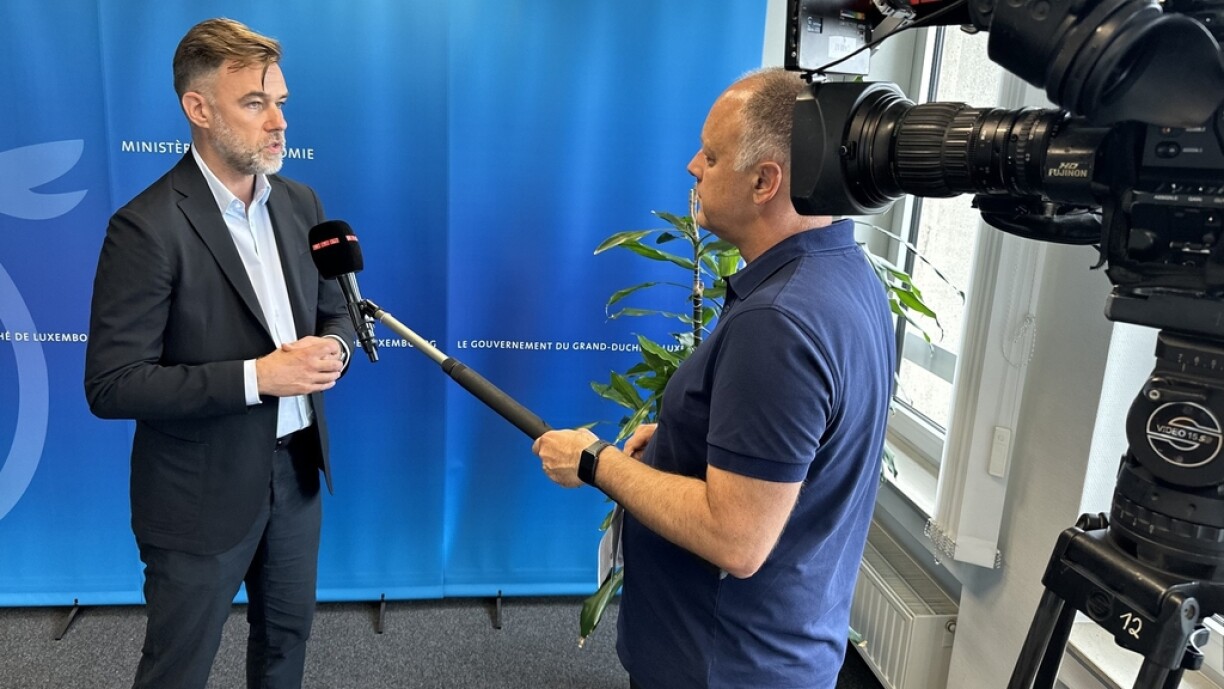
In the face of accusations of “speculations and insinuations” from the Federation of Craftspeople, Franz Fayot refuses to retract his earlier comments, maintaining that the focus of the Competition Authority investigation was on the developers within the real estate sector.
In an interview with RTL.lu, Fayot stressed that neither the construction sector nor the skilled trades were targeted by the Competition Authority or himself. The Federation of Craftspeople, on the other hand, contends that the authorities have wrongly lumped together developers with construction and craftspeople.
The Federation asserts that if specific cases of collusion exist, they should be identified by name. Romain Schmit, a representative of the Federation, questions the timing of such investigations during a challenging period for the sector, referring to it as an unnecessary “hunt” against construction companies.
Fayot clarified that the responsibility now lies with the Competition Authority, as its president, Pierre Barthelmé, recently mentioned that preparatory inquiries would be conducted following the sectoral investigation. These inquiries will determine whether collusion occurred on a case-by-case basis.
The Minister reiterated that his statements and the sectoral investigation primarily targeted real estate developers and not the construction or crafts sectors.
Fayot pointed to findings regarding the construction sector’s low profit margins of 5% between 2010 and 2020, compared to the developers’ significantly higher margins of 20%. These numbers suggest the presence of speculative practices concerning land, according to the Minister.
In Fayot’s view, construction and craft enterprises are also impacted by the developers’ price gouging. However, Schmit argues that this is simply “a normal aspect of a capitalist market” where different interests between buyers and sellers are expected, including entrepreneurs and property developers.
The Federation had accused the state of withholding land itself, but Fayot dismisses this as a “typical accusation”. Citing the Competition Authority’s reference to a study by the Luxembourg Institute of Socio-Economic Research (LISER), he pointed out that a small number of private individuals hold most of the building land, and these same individuals are involved in property development companies.
However, Fayot also acknowledged that lengthy procedures in the industry might encourage land withholding. Coming back to the letter from the Federation of Craftspeople, Fayot argued that the issue should be viewed in a more nuanced way, as it is “an ensemble of problems that come together”.
To counter the accusation that the government is not taking action and making investments unattractive, Fayot mentioned the aid measures implemented for the construction sector. Nevertheless, he admitted that more significant interventions are necessary to address the core issue: the perception of housing solely as a money-making market.
To tackle the housing problem effectively, the Minister stressed the need for “more substantial interventions” at the margin level.